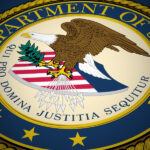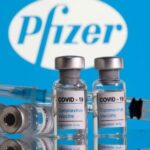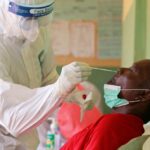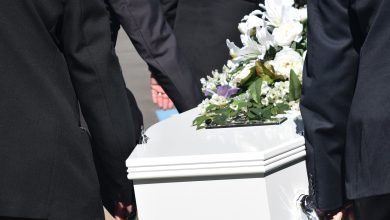How to Report a COVID-19 Related Fraud
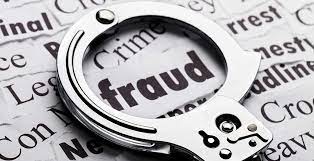
During the COVID-19 pandemic, scammers may try to take advantage of you. They might get in touch by phone, email, postal mail, text, or social media. Protect your money and your identity. Don’t share personal information like your bank account number, Social Security number, or date of birth.
Please note that:
- COVID-19 vaccines are free. If anyone charges you for help signing up or the shot itself, it’s a scam.
- You can’t buy the COVID-19 vaccine anywhere. It’s only available at federal- and state-approved locations.
- Always talk with your doctor or healthcare professional before you try any product claiming to treat, prevent, or cure COVID-19.
- Don’t post your vaccination card to your social media account. Someone could use the information for identity theft.
- Right now, there are no official plans to create a national vaccine verification app or certificate or passport.
- If someone asks you for personal information or money to get a national vaccine certificate or passport, that’s a scam.
- Contact your state government about its vaccine verification plans and requirements.
- Check with airlines, cruise lines, and event venues about their vaccine verification or negative testing requirements.
- When you’re looking for pandemic-related help, start with sites like coronavirus.gov and usa.gov/coronavirus.
In May this year, the Attorney General established the COVID-19 Fraud Enforcement Task Force to marshal the resources of the Department of Justice in partnership with agencies across government to enhance efforts to combat and prevent pandemic-related fraud. The Task Force bolsters efforts to investigate and prosecute the most culpable domestic and international criminal actors and assists agencies tasked with administering relief programs to prevent fraud by, among other methods, augmenting and incorporating existing coordination mechanisms, identifying resources and techniques to uncover fraudulent actors and their schemes, and sharing and harnessing information and insights gained from prior enforcement efforts. For more information on the department’s response to the pandemic, please visit https://www.justice.gov/coronavirus.
Anyone with information about allegations of attempted fraud involving COVID-19 can report it by calling the Department of Justice’s National Center for Disaster Fraud Hotline at 866-720-5721 or via the NCDF Web Complaint Form at: https://www.justice.gov/disaster-fraud/ncdf-disaster-complaint-form.
The Fraud Section uses the Victim Notification System (VNS) to provide victims with case information and updates related to this case. Victims with questions may contact the Fraud Section’s Victim Assistance Unit by calling the Victim Assistance phone line at 1-888-549-3945 or by emailing Victimassistance.fraud@usdoj.gov. To learn more about victims’ rights, please visit: https://www.justice.gov/criminal-vns/victim-rights-derechos-de-las-v-ctimas.
A criminal complaint is merely an allegation and the defendant is presumed innocent until proven guilty beyond a reasonable doubt in a court of law.

